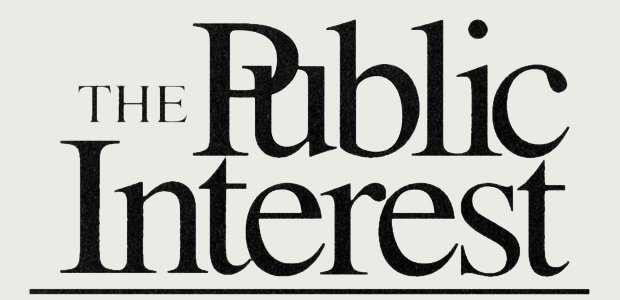Racial gerrymandering
WHEN the 102nd Congress convened in January 1991, the Georgia House delegation was comprised of nine Democrats and one Republican—Newt Gingrich. Eight of the Democrats were white (as, of course, is the Republican) and one was black. But more than a quarter of Georgia’s citizens are black, and, in order to comply with the Voting Rights Act following the 1990 census, two more black-majority districts had to be drawn.

